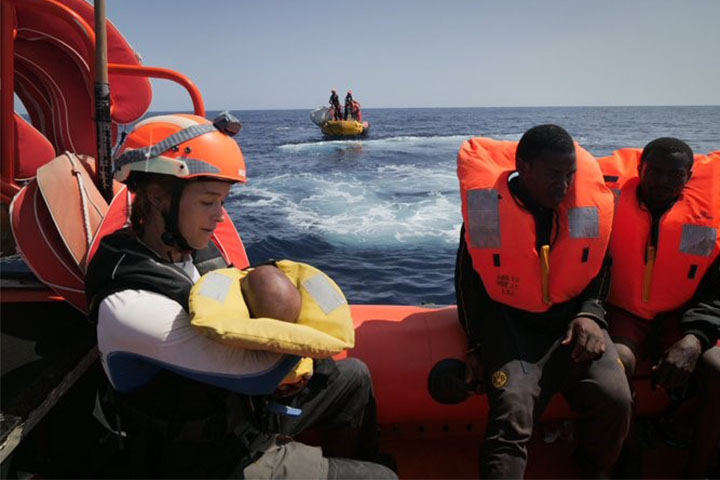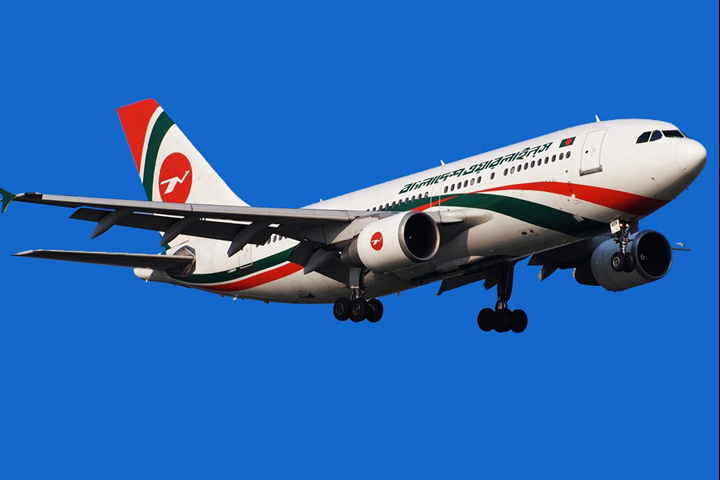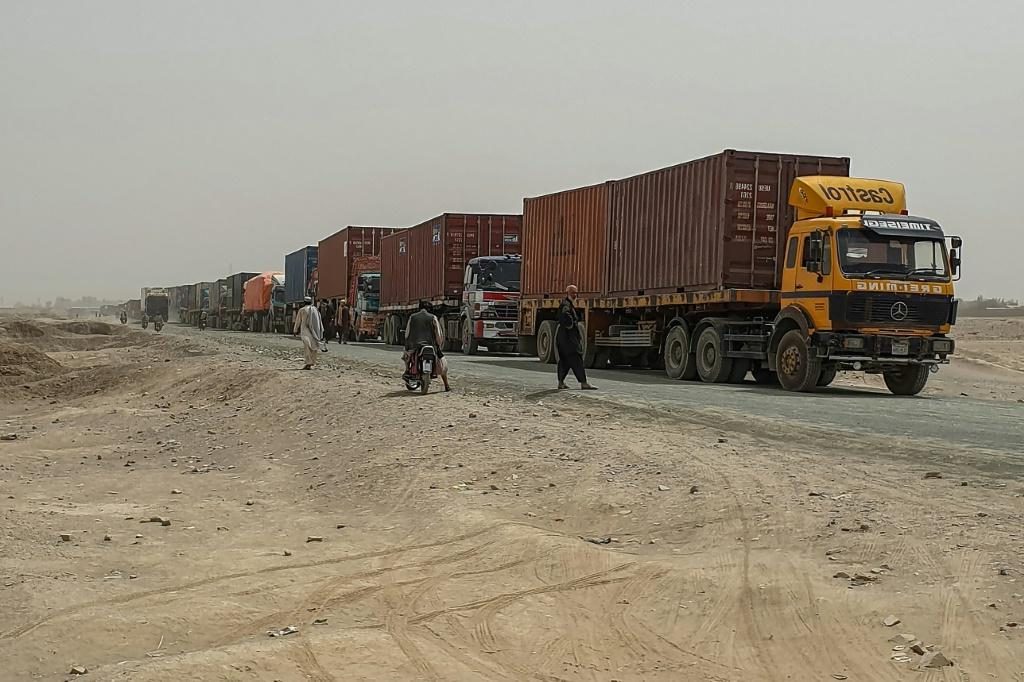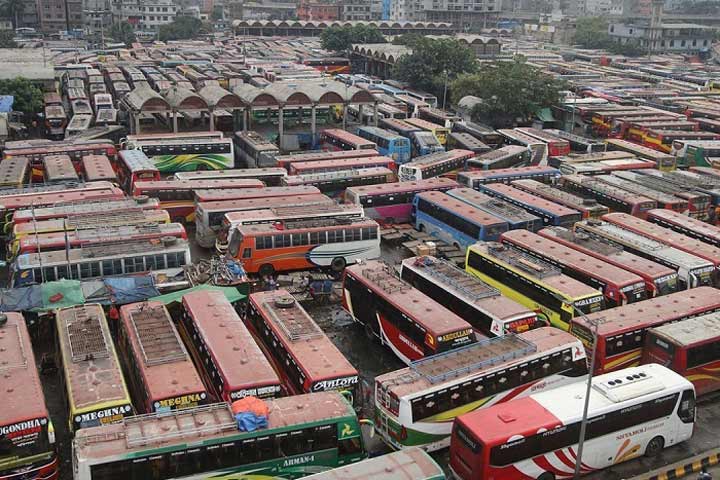Notes of bamboo: Taking eco-friendly route to music
As the climate worsens and the world looks to find more sustainable ways of life, a musician here is leading the way towards a more eco-friendly future by using bamboo to manufacture a wide array of musical instruments.
Composer-percussionist Subhasis Sabyasachi has turned to the fast-growing bamboo to manufacture musical instruments, including xylophone, tabla, pakhawaj, sitar, veena and guitar -- all traditionally made using woods like teak, rosewood, red cedar, mahogany, and poplar, among others.
"If we continue cutting trees for any reason, we won't have any future for our children. The entire world is looking for ways to become plastic free. That is why I want to eliminate the use of wood in musical instruments and replace it with bamboo," Sabyasachi told PTI.
It was Sabyasachi's guru and tabla maestro Brajen Biswas who first came up with 'Brojo Tarang', a bamboo xylophone. "After guru ji's demise I am taking this forward, our orchestra plays with all bamboo instruments, my mission is to convey a message about the climate, so that bamboo is used as a substitute," the Delhi-based musician said.
He added that since bamboo is among the fastest-growing plants in the world and is widely used for climate change mitigation, it is ecological to use it for manufacturing musical instruments. It is generally the flute that is made using bamboo, but Sabyasachi's musical kitty packs dholak, pakhawaj, tabla, kanjira, guitar, sitar and veena among other instruments. "Every bamboo forest hides the instruments for a whole orchestra," he adds.
But doesn't using bamboo instead of traditional wood affect the sound quality? Other than offering a simple 'no' in response to the question, Sabyasachi adds other benefits of using bamboo to the list. "Unlike other woods, bamboo is a hollow timber. You have to carve and cut through other material to create a hollow, which is naturally available with bamboo.
And when it comes to sound, bamboo has a better resonance quality, creating better sound," the 41-year-old said, adding that the instruments made using bamboo are also comparatively lightweight.
That said, though a cheaper alternative to expensive species of wood, creating an instrument out of bamboo cuts little from the overall costs. "Crafting bamboo instruments is a painstaking exercise as you have to use multiple pieces and different types of it to create a single part of an instrument. You also have to be extra careful that there is no leakage of sound," he said, explaining why the cost of the final product is more or less the same. Sabyasachi and his musical band, 'Tarang', recently held an exhibition of the bamboo instruments at the India International Centre here.
03 Jan 2023,15:02
















 Live Tv
Live Tv









